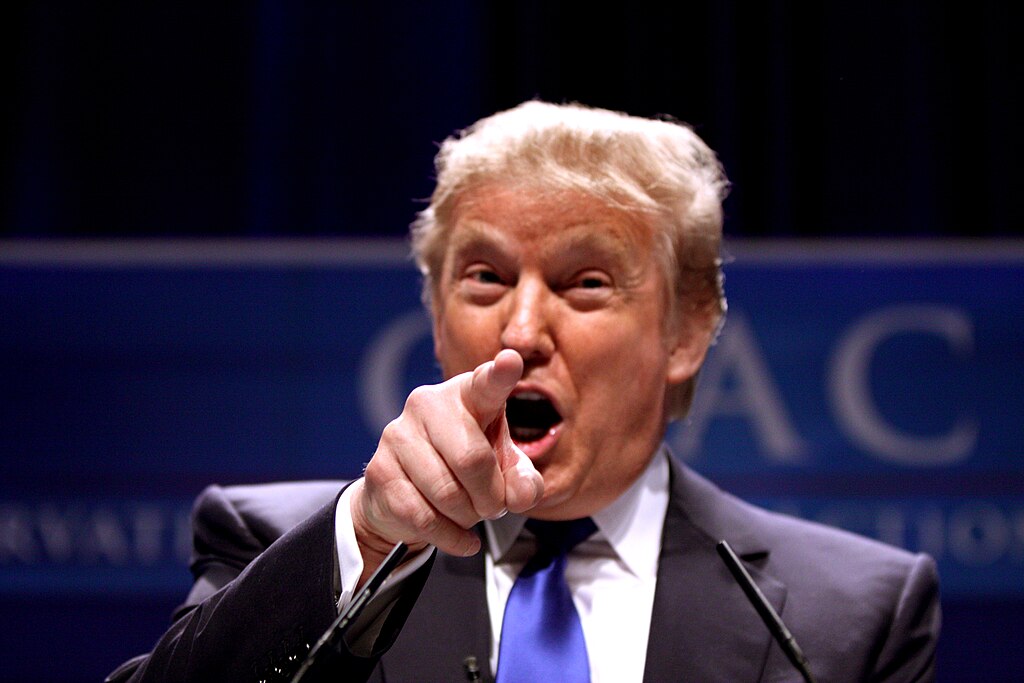U.S. President Donald Trump sparked widespread criticism for firing 17 inspectors general across multiple federal agencies in what critics have labeled a "late-night purge." The abrupt dismissals, announced via email by White House personnel director Sergio Gor, have been called illegal by Democrats and watchdog groups. The Council of the Inspectors General on Integrity and Efficiency stated the move violated federal law, which requires a 30-day notice and detailed rationale for such actions.
Among the agencies impacted were the departments of State, Defense, and Transportation. The council's chair, Hannibal Ware, urged consultation with White House counsel, deeming the dismissals legally insufficient. Senator Adam Schiff accused Trump of avoiding accountability, while Democratic leader Chuck Schumer condemned the firings as a "lawless approach." Former Justice Department inspector general Michael Bromwich echoed these concerns, calling the firings "plainly illegal."
Republican reactions were mixed. Senator Chuck Grassley demanded further explanation, emphasizing the need for transparency. Meanwhile, Senator John Barrasso expressed confidence in Trump's decisions, stating some firings might be justified.
The firings follow Trump’s second inauguration on January 20 and align with his broader efforts to reshape federal agencies, including scrapping diversity programs and sidelining officials. This marks a continuation of similar actions during his first term when five inspectors general were removed in 2020.
Despite the controversy, the Department of Justice inspector general, Michael Horowitz, was reportedly spared. Critics argue these actions undermine the independence of inspectors general, whose role is to combat waste, fraud, and abuse. Strengthened protections for these watchdogs, enacted by Congress in 2022, have intensified scrutiny over Trump’s latest actions.
The White House has yet to respond to the growing outcry, leaving the legal and political fallout uncertain.



 Trump Lifts 25% Tariff on Indian Goods in Strategic U.S.–India Trade and Energy Deal
Trump Lifts 25% Tariff on Indian Goods in Strategic U.S.–India Trade and Energy Deal  NATO to Discuss Strengthening Greenland Security Amid Arctic Tensions
NATO to Discuss Strengthening Greenland Security Amid Arctic Tensions  Trump Allows Commercial Fishing in Protected New England Waters
Trump Allows Commercial Fishing in Protected New England Waters  Ukraine-Russia Talks Yield Major POW Swap as U.S. Pushes for Path to Peace
Ukraine-Russia Talks Yield Major POW Swap as U.S. Pushes for Path to Peace  Federal Judge Restores Funding for Gateway Rail Tunnel Project
Federal Judge Restores Funding for Gateway Rail Tunnel Project  U.S. Announces Additional $6 Million in Humanitarian Aid to Cuba Amid Oil Sanctions and Fuel Shortages
U.S. Announces Additional $6 Million in Humanitarian Aid to Cuba Amid Oil Sanctions and Fuel Shortages  Iran–U.S. Nuclear Talks in Oman Face Major Hurdles Amid Rising Regional Tensions
Iran–U.S. Nuclear Talks in Oman Face Major Hurdles Amid Rising Regional Tensions  Marco Rubio Steps Down as Acting U.S. Archivist Amid Federal Law Limits
Marco Rubio Steps Down as Acting U.S. Archivist Amid Federal Law Limits  New York Legalizes Medical Aid in Dying for Terminally Ill Patients
New York Legalizes Medical Aid in Dying for Terminally Ill Patients  Trump Says “Very Good Talks” Underway on Russia-Ukraine War as Peace Efforts Continue
Trump Says “Very Good Talks” Underway on Russia-Ukraine War as Peace Efforts Continue  Trump Endorses Japan’s Sanae Takaichi Ahead of Crucial Election Amid Market and China Tensions
Trump Endorses Japan’s Sanae Takaichi Ahead of Crucial Election Amid Market and China Tensions  Norway Opens Corruption Probe Into Former PM and Nobel Committee Chair Thorbjoern Jagland Over Epstein Links
Norway Opens Corruption Probe Into Former PM and Nobel Committee Chair Thorbjoern Jagland Over Epstein Links  Ohio Man Indicted for Alleged Threat Against Vice President JD Vance, Faces Additional Federal Charges
Ohio Man Indicted for Alleged Threat Against Vice President JD Vance, Faces Additional Federal Charges  Trump Signs Executive Order Threatening 25% Tariffs on Countries Trading With Iran
Trump Signs Executive Order Threatening 25% Tariffs on Countries Trading With Iran  TrumpRx.gov Highlights GLP-1 Drug Discounts but Offers Limited Savings for Most Americans
TrumpRx.gov Highlights GLP-1 Drug Discounts but Offers Limited Savings for Most Americans  Trump Signs “America First Arms Transfer Strategy” to Prioritize U.S. Weapons Sales
Trump Signs “America First Arms Transfer Strategy” to Prioritize U.S. Weapons Sales 




























